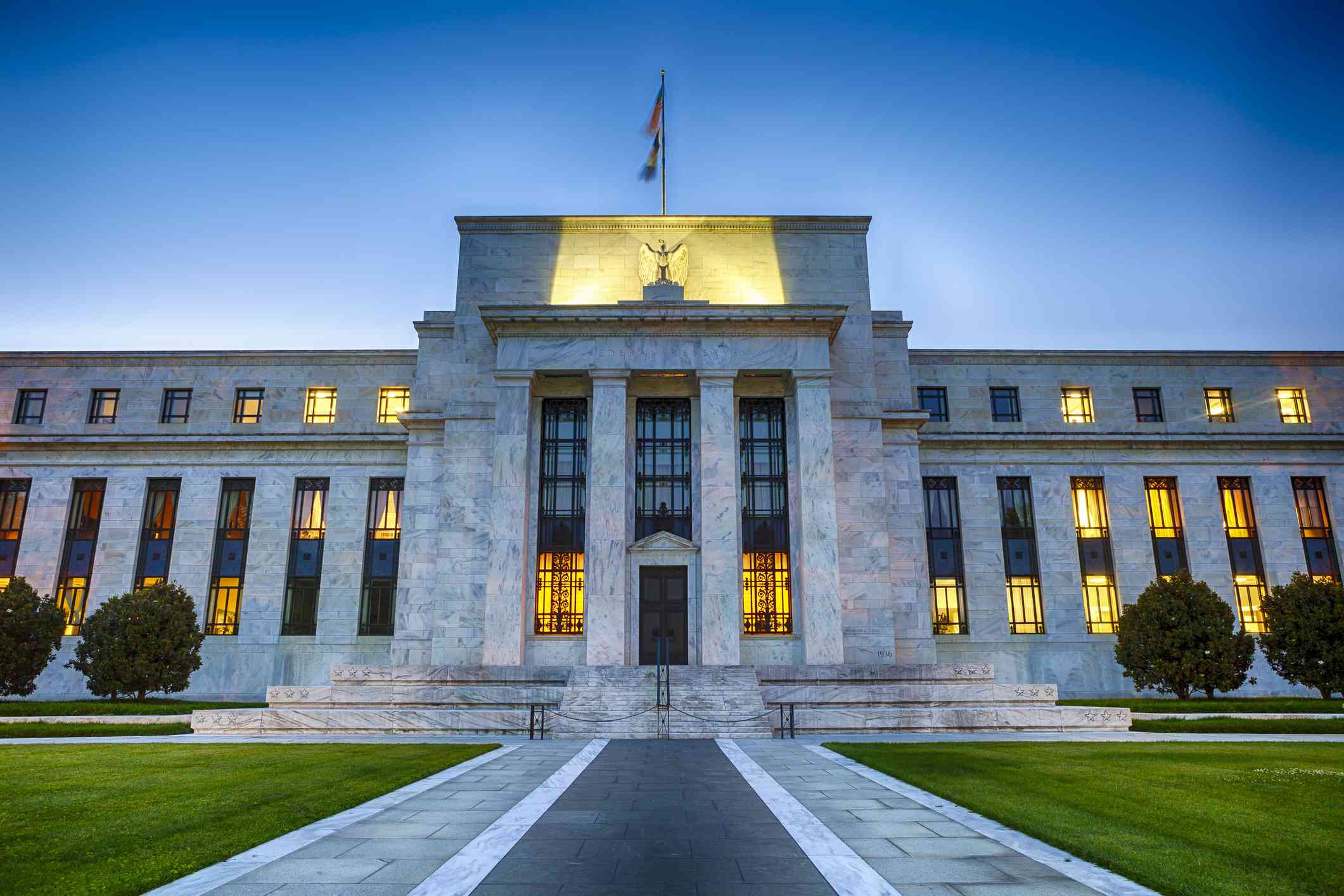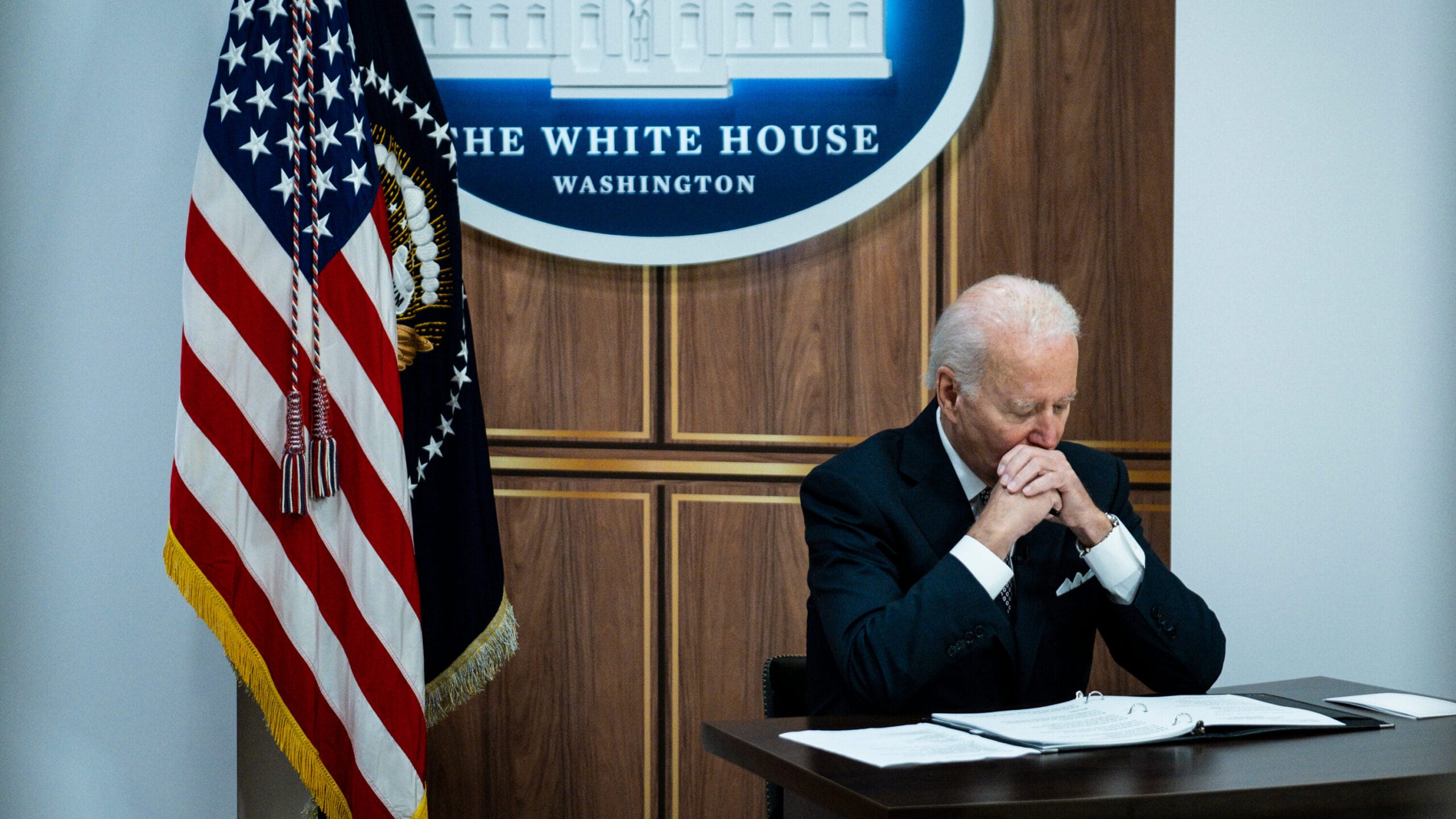As stock markets around the world experienced a significant rally over the past few months, recent developments have prompted a reevaluation of investors’ sentiments. Initially buoyed by optimism regarding economic recovery in the wake of the COVID-19 pandemic, the global stock market is now experiencing a loss of momentum. This shift is largely attributed to growing concerns surrounding the economic implications of tariffs introduced during the Trump administration.
The rally, which had seen indices such as the S&P 500 and the Dow Jones Industrial Average reaching new heights, was fueled by strong earnings reports and economic indicators that suggested a rebound. However, as analysts and investors begin to reconsider the sustainability of this growth, questions have arisen about the long-term effects of tariffs that have often disrupted trade relationships and created uncertainties in the market.
In recent weeks, discussions surrounding former President Donald Trump’s trade policies have intensified amidst changing political dynamics. The tariffs that were initially imposed on a range of goods from various nations, particularly China, have had lasting effects on supply chains and pricing structures in numerous industries. As proponents of free trade criticize these tariffs for their potential to stifle economic growth, others argue that they are necessary for protecting domestic industries against unfair competition.
Investors are now weighing the potential repercussions of these tariffs on both domestic and international markets. Should2024 presidential candidates pivot towards continuing Trump-era policies or, conversely, pursue trade liberalization, market behavior could shift drastically. The potential for a new administration introducing changes to trade agreements that could eliminate or adjust tariffs has fueled speculation among investors regarding the future landscape of trade. Economic growth hinges on consumer confidence, and trade relationships play a crucial role in sustaining this confidence.
As questions persist about what trade policies could look like in the future, many investors are taking a more cautious approach. The immediate response has been a marked decrease in market enthusiasm, with several indices reflecting signs of consolidation rather than continuance of previous growth patterns. Market analysts have observed that investor sentiment has shifted from optimistic exuberance to more cautious and strategic positioning in portfolios. Economic data pointing towards inflationary pressures and supply chain constraints further complicates the current landscape.
Alongside the ongoing tariffs debate, another factor contributing to the deceleration in stock rallies is the broader economic environment. Central banks across the globe are grappling with the challenge of managing monetary policy amid inflationary pressures without hindering growth. The Federal Reserve, for instance, has signaled potential adjustments in interest rates in response to evolving inflation metrics. Such moves directly affect market liquidity and can impact investor sentiment significantly.
Notably, sectors closely tied to international trade, such as manufacturing and technology, are particularly sensitive to tariff fluctuations. Companies that rely heavily on imported materials or have significant overseas markets may experience higher costs and reduced margins if tariffs remain in place or increase. Stock valuations for these companies are invariably linked to their operational adaptability to these external pressures.
As uncertainty lingers, companies are also prompted to reassess their supply chains and sourcing strategies. The quest for resiliency may lead to increased localization of production, as businesses aim to mitigate risks associated with tariffs and geopolitical shifting sands. This transition could reshape the competitive landscape across various industries, influencing stock performance in both the short and long term.
Investors need to remain vigilant, keeping a close eye on legislative developments and shifts in political sentiment as the 2024 election season heats up. Analysts are urging caution, noting that while a proactive political stance towards trade liberalization could signal an imminent market rebound, the risk associated with prolonged tariff conflicts remains stark. Any decisions made by potential future administrations will undoubtedly have significant repercussions for the stock market and broader economic landscape.
Moreover, corporate earnings reports in the upcoming quarters will serve as crucial indicators of how companies are responding to the tariff landscape. Investors will look for insights on revenue impacts, pricing power, and overall strategies to navigate the complexities imposed by fluctuating trade policies. The alternatives companies pursue will not only steer their financial outcomes but will also reflect larger trends that can affect market indices.
Ultimately, while the global stock rally showcased remarkable gains in response to economic recovery, the underlying complexities surrounding tariffs and trade policies serve as reminders of the interconnectedness of global economies. As uncertainty looms over trade relationships, investors might need to prepare for volatility in the markets until more definitive policy shifts or clarifications are presented.



